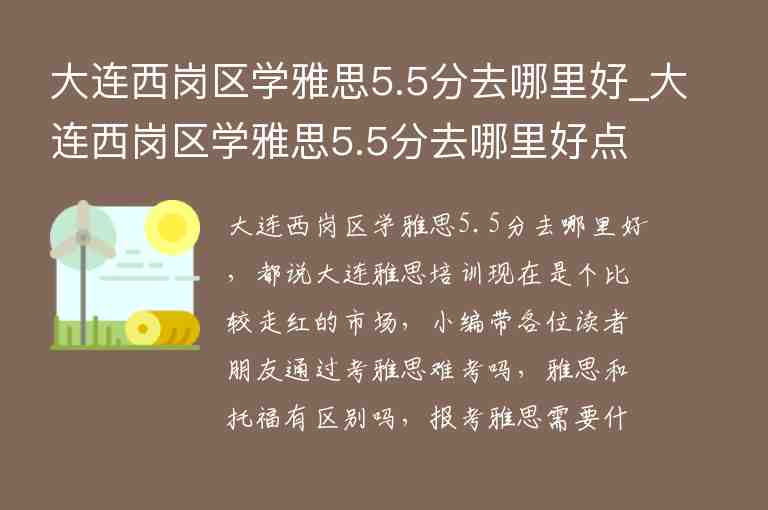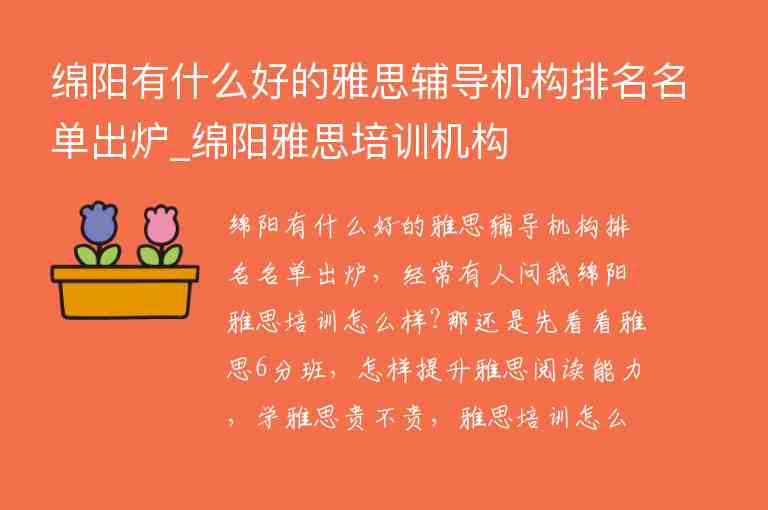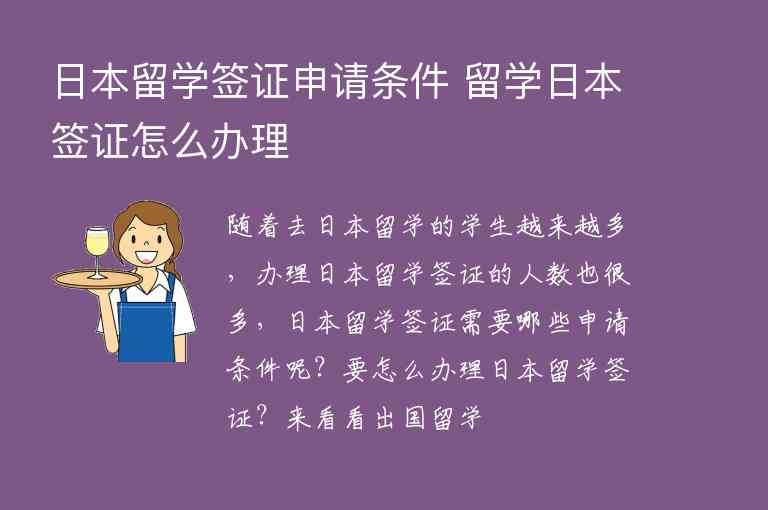afterward是一个副词,意思是“随后,之后”,表达的是在某个或行为之后发生的事情。它也可以用作介词,意思是“在……之后”。
怎么读(音标)
afterward的音标为/ˈæftərwərd/。
用法
1. 作副词:
(1) 表示在某个或行为之后发生的事情。
例:She left the party early and was later seen at a club afterward.
她早早离开了聚会,随后被看到在一个俱乐部里。
(2) 表示在某个时间点之后。
例:We can discuss the details afterward.
我们可以随后讨论细节。
(3) 表示因此,结果。
例:He didn't study for the test and afterward failed it.
他没有为考试学习,结果失败了。
2. 作介词:
表示在某个或行为之后。
例:Afterward, they went to grab some food.
随后,他们去拿些食物。
例句1-5句且中英对照
1. She finished her work and afterward went for a walk in the park.
她完成了工作,然后去公园散步。
2. Afterward, he regretted his decision to quit his job without finding a new one first.
随后,他为自己先辞职再找工作的决定感到遗憾。
3. They had a big argument, but afterward they made up and became friends again.
他们吵了一架,但之后和好如初,又成为朋友。
4. We'll have dessert afterward, so save some room in your stomach.
我们随后会吃甜点,所以在你的胃里留点位置。
5. He finished his presentation and afterward answered questions from the audience.
他完成了演讲,随后回答了听众的问题。
同义词及用法
1. subsequently:意思也是“随后”,但更强调时间上的先后顺序。
2. later:意思是“稍后”,比afterward更模糊,不强调具体的时间顺序。
3. afterwards:意思和afterward相同,但在英国英语中更常用。
4. thereafter:意思是“此后”,指在某个之后发生的事情。
5. next:意思是“下一个”,可以表示接下来发生的事情。
编辑总结
afterward是一个常用的副词和介词,在表达某个或行为之后发生的事情时很有用。它还可以表示因此、结果等含义。除了常见的同义词外,我们还可以使用next来表示接下来发生的事情。为了避免重复使用afterward,在写作中可以尝试使用其他同义词来丰富语言表达。



